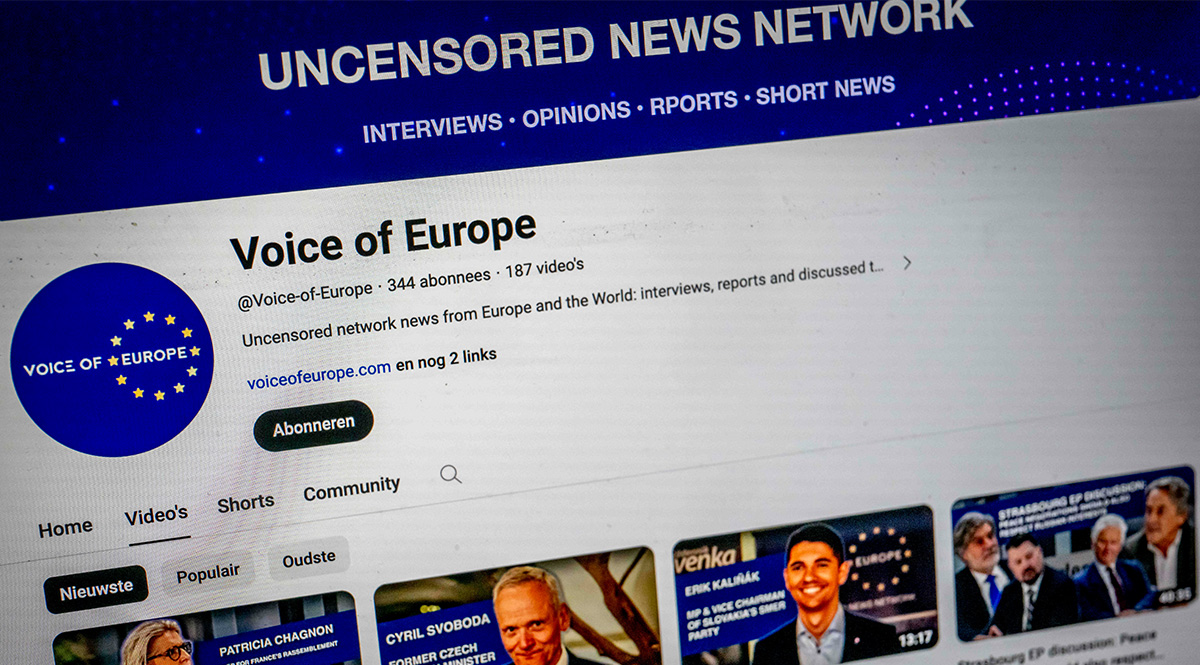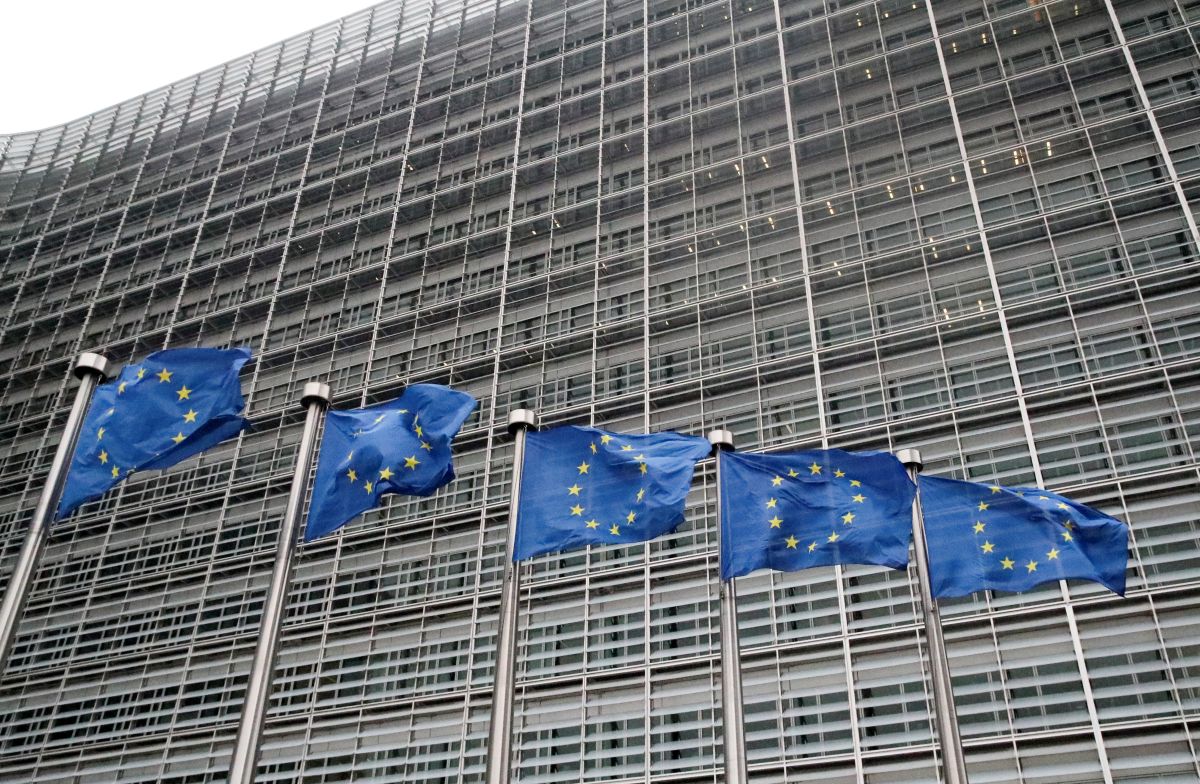Unravelling Russia's Network of Influence Agents in Europe
Thanks to the cooperation of the counterintelligence services of Czechia, Poland, and other European countries, a pro-Russian agent network was successfully dismantled at the end of March this year. Through the website “Voice of Europe”, it was conducting an anti-EU and anti-Ukrainian disinformation campaign aimed at, among other things, influencing the results of the upcoming European Parliament (EP) elections.
 Utrecht Robin/ABACA / Abaca Press / Forum
Utrecht Robin/ABACA / Abaca Press / Forum
What was the activity of the agent network?
The group focused its activities around the “Voice of Europe” website, which had been used to disseminate Eurosceptic and anti-Ukrainian content since 2017. The website mixed short, neutral information on current events with articles containing manipulated or false themes in line with the Russian narrative. This was to create the appearance of professionalism, objectivity, and reliability. Over its eight years of operation, the portal gained more than 180,000 followers on X (the former Twitter). To increase its social media reach, sensational and emotional material was also published. The site published in 10 languages and algorithms that promoted manipulated content tailored to national political contexts. The “Voice of Europe” activities also involved corrupting politicians from EU countries (including Belgium, France, the Netherlands, Germany, Poland, and Hungary) to spread Russian propaganda and lobby in line with Russian interests in exchange for financial benefits. This activity is referred to as an “influence agent”, which is a person whose activities focus on shaping the local political debate and influencing decision-making processes in line with the expectations of a foreign state. According to intelligence information made public, politicians paid by “Voice of Europe” were tasked with influencing the upcoming EP elections.
Who is behind the “Voice of Europe”?
The former Ukrainian politician and oligarch Viktor Medvedchuk is responsible for the creation and financing of “Voice of Europe”. He entrusted the supervision of the portal to his close associate Artjom Marchevsky, who officially served as editor-in-chief. The pro-Russian oligarch had been active in the Ukrainian media market and raw materials trade for years. He was associated with the pro-Russian political party Opposition Platform–For Life, which was judicially liquidated after Russia’s invasion of Ukraine. Privately, Medvechuk maintained a close relationship with Vladimir Putin, who is the godfather of his daughter. In 2020, the oligarch was charged with treason in Ukraine and in May 2021 was placed under house arrest, from which he escaped during the Russian aggression. It is believed that if Russian troops had seized Kyiv, he was likely to head a “puppet” government. In April 2022, he was captured by the Security Service of Ukraine (SBU) and subsequently exchanged for Ukrainian prisoners of war and is currently on Russian territory. In January 2023, he was stripped of his Ukrainian citizenship.
Why is Russia trying to influence the results of the EP elections?
It is in Russia’s interest to deepen social polarisation in Europe. This is to increase support for pro-Russian populist and radical political circles. By increasing their influence in the EP, Russia could be more effective in generating divisions among EU states, for example over further aid to Ukraine, or sabotaging the process of integration into EU structures, as well as deepening internal crises and disputes within the Union. Through pro-Russian MEPs, Russia can influence the political debate and shape decision-making processes, infiltrate EU institutions, and carry out classic espionage activities aimed at stealing secrets. An example of this is the case of Latvian MEP Tatiana Ždanok, who had been working for the Russian Federal Security Service (FSB) since 2004.
How are NATO and EU Member States trying to counter Russian actions?
The responsibility for countering Russian intelligence activity lies primarily with national security institutions. The specific nature of such activity requires international cooperation in terms of information-sharing and coordination. The investigation into the Russian agent network linked to “Voice of Europe” was conducted by the Czech Information Security Service (BIS) in cooperation with partner services, including the Polish Internal Security Agency (ABW). Czech authorities sanctioned “Voice of Europe”, Medvedchuk, and Marchevsky and froze their assets. ABW officers detained Jacek J. (last name withheld for legal reasons), a Polish citizen in whose name the “Voice of Europe” website was registered. In the course of the services’ operations, they also secured funds in amounts of €48,000 and $36,000. His case may be the first criminal case in Poland in which the accused will be tried under the amended Article 130 of the Penal Code, which provides grounds for sentencing a person for conducting disinformation for the benefit of a foreign intelligence service.
In addition to national efforts to counter Russian hybrid activity, NATO and EU states use a number of tools at the disposal of both organisations, such as the Hybrid Fusion Cell at the EU Intelligence and Situation Centre (EU INTCENT), the NATO Hybrid Analysis Branch within the structure of the Joint Intelligence and Security Division (JISD), or the NATO Counterintelligence Centre of Excellence in Kraków.





